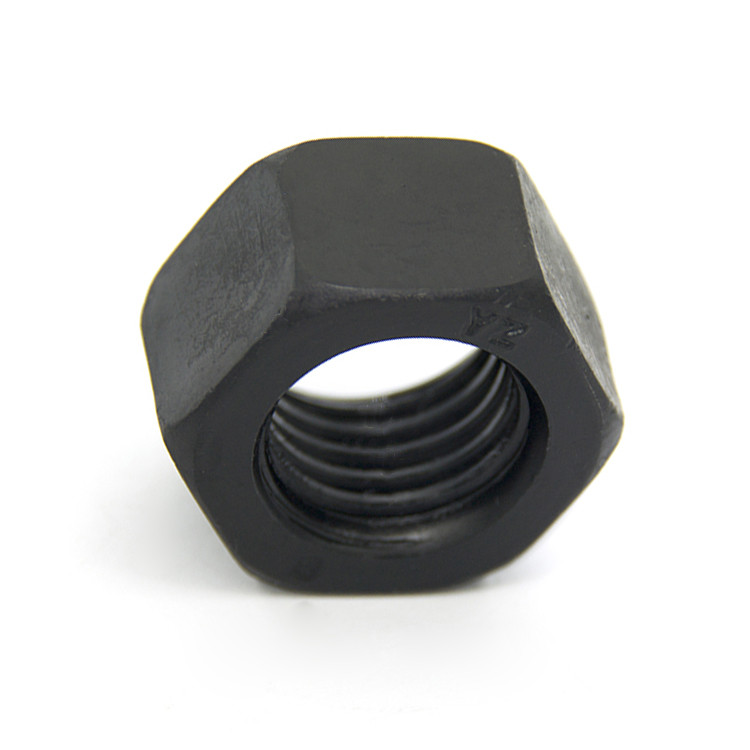Tapered Washers Production Facility Specializing in Precision Engineering and Quality Manufacturing Solutions
Aug . 05, 2024 21:29 Back to list
Tapered Washers Production Facility Specializing in Precision Engineering and Quality Manufacturing Solutions
Tapered Washers Factory An Overview of Manufacturing and Applications
Tapered washers are specialized components used in various industries to provide stability and enhance the performance of mechanical assemblies. These uniquely shaped washers are designed with a tapered profile, allowing them to fit snugly into conical spaces and distribute loads evenly. This article explores the significance of tapered washers, the manufacturing processes involved in their production, and their various applications across different sectors.
Importance of Tapered Washers
The primary function of tapered washers is to provide a secure connection between two surfaces. By distributing pressure over a wider area, they help prevent damage to the components being fastened. This is particularly essential in applications where there may be angles or uneven surfaces, as standard flat washers may not provide the necessary support or alignment. The tapered design also aids in compensating for any misalignments that may occur during assembly, contributing to the overall durability and reliability of the assembly.
Manufacturing Process
A tapered washers factory employs various manufacturing techniques to produce these critical components. Different materials, including steel, stainless steel, aluminum, and plastic, can be used based on the specific application requirements, such as strength, corrosion resistance, and weight considerations.
1. Material Selection The first step in the manufacturing process involves selecting the appropriate material. Factors include mechanical properties, compatibility with the environment, and cost.
2. Forming The manufacturing process of tapered washers typically begins with forming the material into the desired shape. This can be achieved through methods such as stamping, forging, or machining, depending on the volume of production and the complexity of the design. Stamping is commonly used for high-volume production, while machining may be more appropriate for custom or lower-volume needs.
3. Tapering After forming, the washers undergo additional processing to create the tapered shape. This may involve precision cutting or grinding techniques to ensure accurate dimensions and a smooth finish.
4. Surface Treatment Once the washers are shaped, they often receive surface treatments to enhance their durability. This may include processes such as coating, anodizing, or plating to improve corrosion resistance and increase lifespan under harsh conditions.
tapered washers factory

5. Quality Control Throughout the manufacturing process, rigorous quality control measures are implemented. This ensures that each batch of tapered washers meets the required specifications and standards. Testing may include dimensional inspections, tensile strength tests, and fatigue tests to validate performance.
Applications of Tapered Washers
Tapered washers find applications in a wide array of industries, including
- Automotive In the automotive sector, these washers are used in suspension systems and various fastening points to ensure components remain securely aligned under dynamic conditions.
- Aerospace The aerospace industry utilizes tapered washers to maintain structural integrity in aircraft assemblies, where weight and balance are critical.
- Construction In construction, tapered washers help to secure structural elements and prevent shifting during the settling process of buildings and bridges.
- Heavy Machinery Robust machinery often employs tapered washers to support large, heavy components, absorbing vibrations and maintaining alignment.
Conclusion
In summary, the tapered washers factory plays a crucial role in producing high-quality components that enhance the performance and reliability of various applications. Through advanced manufacturing processes and stringent quality control measures, these factories ensure that tapered washers meet the diverse needs of industries while contributing to safe and efficient operations. As technology advances and new applications emerge, the importance of tapered washers in modern engineering and manufacturing will only continue to grow.
Latest news
-
High-Quality Panel Stud Bolt Reliable Panel Stud Bolt Factory & Suppliers
NewsJul.08,2025
-
High-Precision Fine Thread Locknuts Manufacturer & Supplier Custom Solutions
NewsJul.08,2025
-
PH Imperial Stud Bolt – High Strength Fasteners from Leading Supplier & Factory
NewsJul.07,2025
-
High-Quality Allen Wrench Bolts Leading Factory, Company & Suppliers
NewsJul.07,2025
-
Wholesale Ball Stud Bolt - High Quality Supplier & Factory Price Reliable Wholesale Ball Stud Bolt Company
NewsJul.06,2025
-
High-Strength Alloy Bolts Manufacturer & Supplier Quality Alloy Fasteners Factory
NewsJul.06,2025
